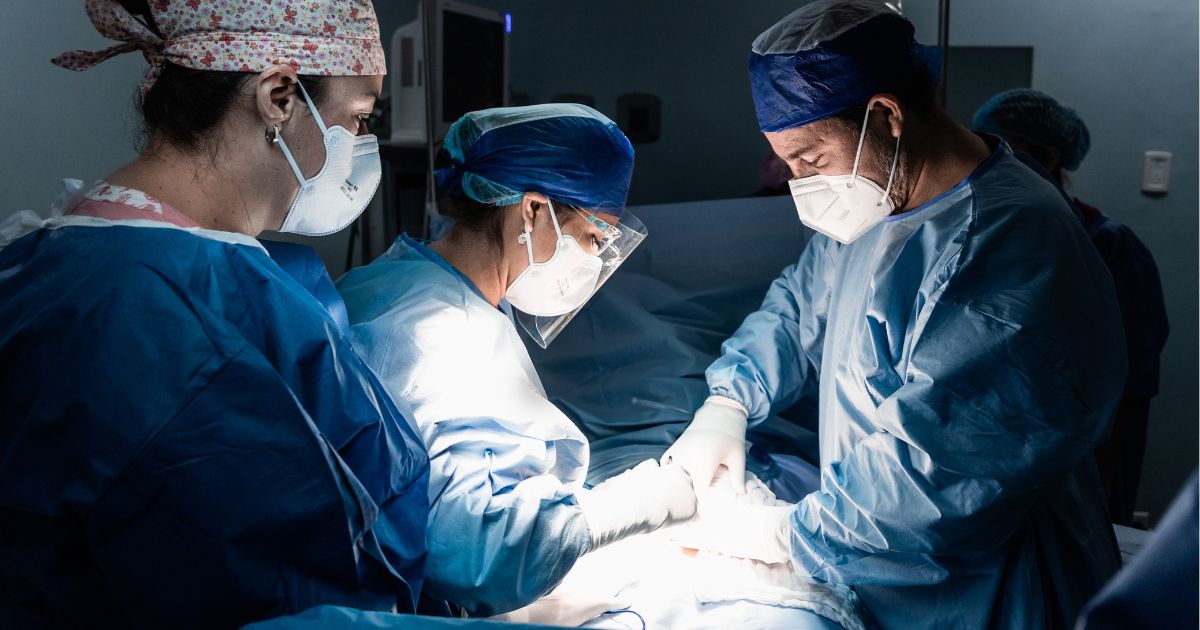December 27, 2024 from Angelica Dino via Canadian Lawyer Magazine

In a recent Ontario Superior Court decision, a patient who sustained a serious nerve injury during shoulder replacement surgery has won their medical malpractice case. The court found that the surgeon’s conduct during the procedure fell below the standard of care, resulting in lasting harm.
The case, Dallner v. Gladwell, involved a 2018 shoulder replacement surgery that left the plaintiff with a brachial plexus injury—a condition that severely affects arm and shoulder movement due to nerve damage. The injury was permanent and significantly impacted the plaintiff’s mobility and quality of life.
What Went Wrong in Surgery
The central question in the case was whether the nerve injury was an unavoidable complication or the result of surgical negligence. The court determined that the damage was most likely caused by excessive force or prolonged stretching of the arm during surgery—specifically when exposing the glenoid socket of the shoulder joint.
Although nerve injuries can occur without negligence, the court noted that the extent of this patient’s injury was exceptional. The severity suggested that proper care was not taken.
Experts Disagree, but Plaintiff’s Case Prevails
Both sides presented expert testimony from orthopedic surgeons. The plaintiff’s expert described the injury as “highly unusual” and said it likely resulted from improper technique or excessive traction. The defence, however, argued that the surgery followed accepted standards and that the injury could have occurred due to unknown anatomical factors or previous injuries.
The judge was not persuaded by these alternate explanations, emphasizing that the plaintiff had no pre-existing conditions that would have increased the risk. The court also took issue with the surgeon’s inconsistent recollection of events and noted a lack of documentation on how long the patient’s arm had been held in a vulnerable position during surgery.
Finding of Negligence
In its ruling, the court made clear that while not every complication signals malpractice, preventable injuries caused by avoidable errors in judgment may constitute a breach of duty. In this case, the judge concluded that the surgeon failed to meet the required standard of care.
Damages had already been agreed upon by the parties, and the court awarded them to the plaintiff.
Why This Ruling Matters
This case reinforces that surgical judgment must be exercised with care, especially in high-risk procedures like shoulder replacements. It also underscores the importance of clear documentation during surgery—a factor that played a critical role in the court’s decision.
For patients, it is a reminder that when complications arise, it is worth investigating whether proper care was given. When preventable harm occurs, legal recourse may be available.
At Malpractice Check, we are dedicated to providing honest, unbiased opinions on medical malpractice concerns. Whether you’re seeking peace of mind or preparing to present your case to a lawyer, our trusted experts are here to help you navigate the complexities of healthcare errors with professionalism, compassion, and integrity. Contact us today to learn more.
